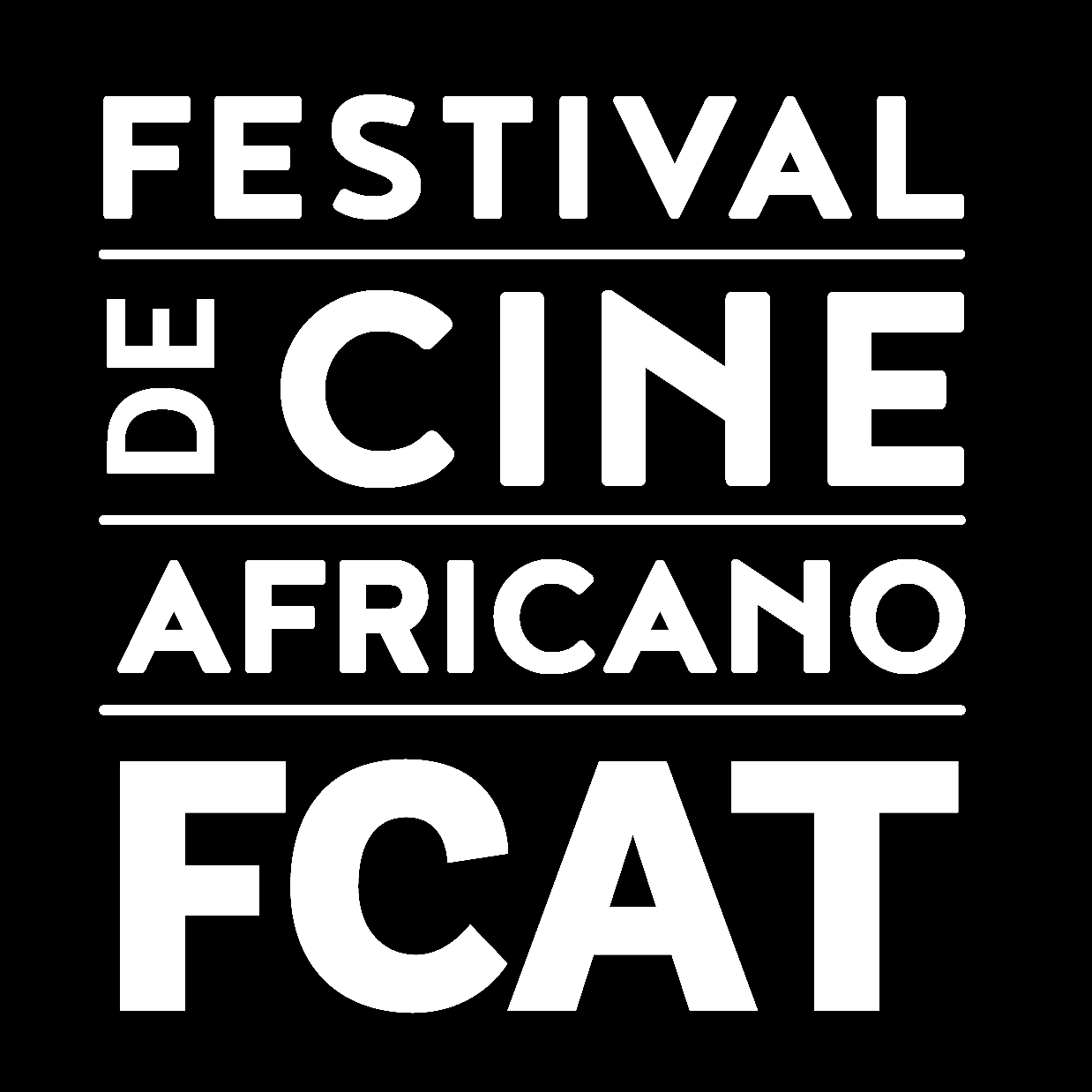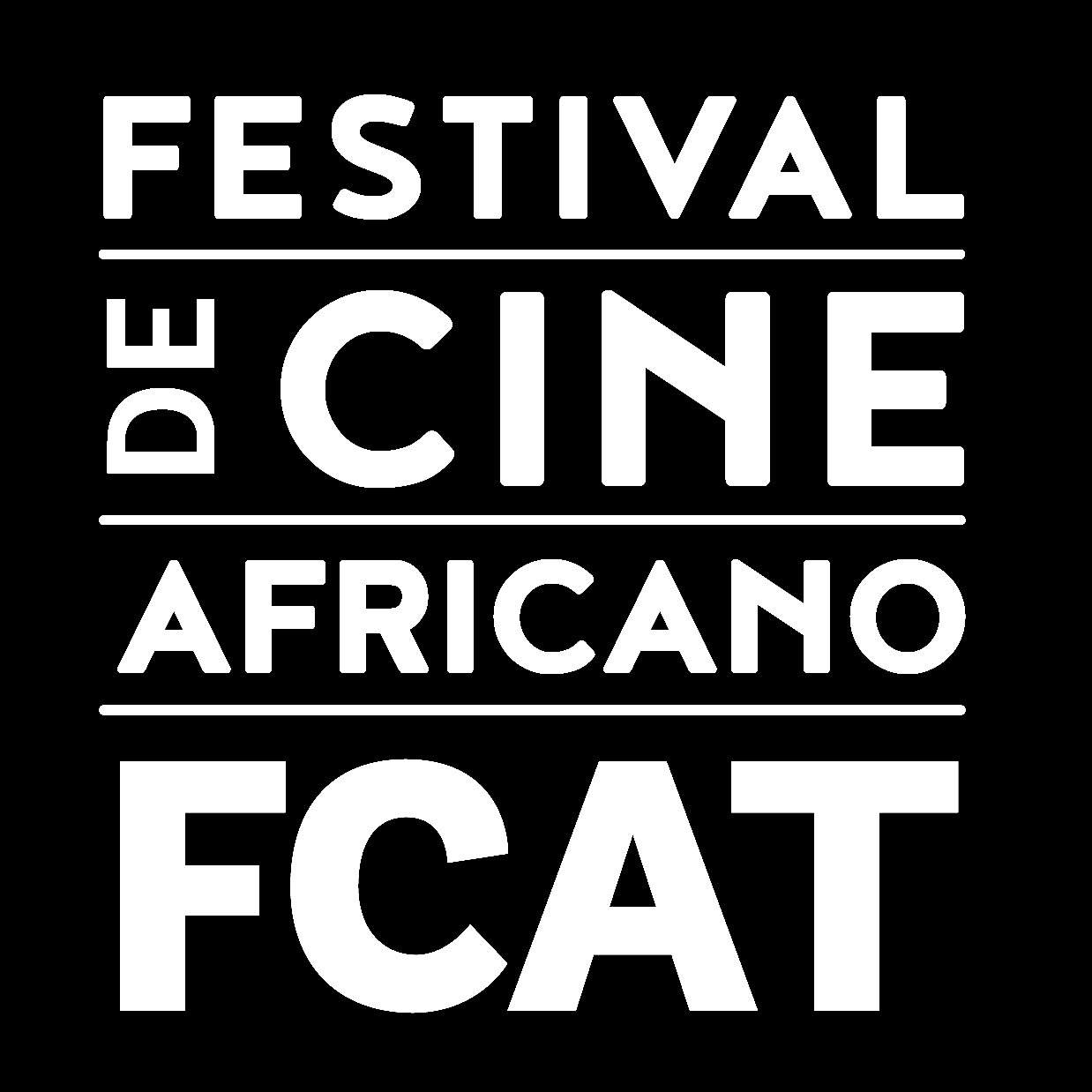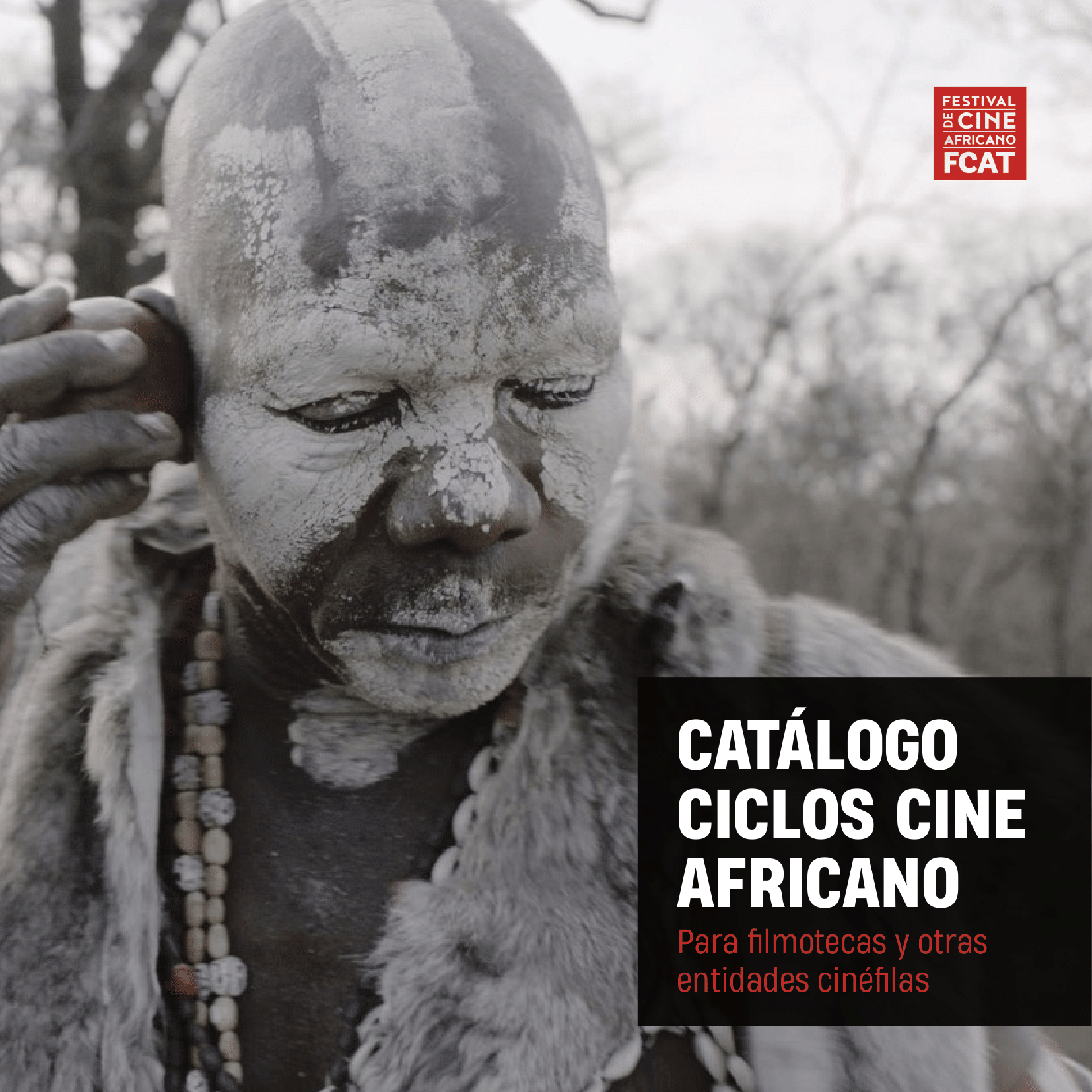CINENÓMADA
Accessing African cinema is easy,
we can help you.
On its own, a festival isn’t enough to bring an entire continent’s cinema to the public here in Europe and abroad. For this reason, in 2006 our association created Cinenómada, in addition to FCAT. This initiative promotes the spread of African cinema with exhibitions, programs, and screenings, through collaborations organized by public and private associations in both Spain and Latin America.
All titles are in their original version with Spanish subtitles.
Each year, our collection of Filmic Archives grows by approximately 950 titles, courtesy of the Tarifa African Cinema Festival (FCAT). Thanks to this collection, it is now easy to access African cinema in Spanish. On top of its role as an archive collection, Cinenómada also guarantees an annual stream of revenue to African filmmakers. Furthermore, it provides different perspectives on diverse African realities, through the viewpoint of the filmmakers from these societies.
THEMATIC PACKS
Thematic packs have been designed with filmmaking and producing organisations in mind, allowing them to save time and earn money. We offer thirteen packs on different subjects, including those from previous Tarifa African Cinema Festival
Choose a thematic pack, which includes several titles at a fixed price…
All packs offer a 13% discount on regular Cinenómada prices. We hope that this discount makes it easier for you to access and include African cinema into your activities. For more information, please send us an email to cinenomada@fcat.es
WOMEN FILM REALITY
Many African women now take to the camera, choosing the documentary genre, to tell moving stories, through strong characters with whom they forge intimate bonds and who reveal, with subtlety and poetry, unsuspected political, social and cultural realities: independent territories in the midst of Apartheid, limbos between the world of the living and the realm of the dead, or remote mountains where French colonial history has left its indelible marks.
Arab Feminisms
Under the watchful eye of their directors, heroines of everyday life suffer, resist or rebel against the laws of patriarchy that still dictate too many parts of North African societies. With an unquenchable thirst for emancipation, they conquer as best they can this space of freedom, scoring a few small victories against violence or male chauvinist blindness.
The Earth in danger
In the collective imagination, the idea of Africa as the “mother continent” persists, the continent that saw the birth of humanity, the land that feeds us. On the other hand, these lands have been martyred, exploited and bruised by slavery, colonisation and capitalism. The continent is also one of the most exposed to environmental disruption and the most vulnerable to climate change. Three films explore the traumas, past and present, of Mother Earth’s body, and the consequences for those who inhabit it.
Between the borders: stories of migration
Immigration is one of the most talked-about issues in the media these days, at a time when migration policies are being tightened in response to the rise of nationalism in Europe. The number of people who die at sea trying to reach the European continent is increasingly worrying and intolerable. However, little is said about the reasons for emigration, the historical and current responsibility of Western countries or the living conditions of migrants in destination countries. It is also rarely reflected that some manage to return to their countries of origin, a dream shared by the vast majority of all those who dream of leaving.
SOCIAL (IN)JUSTICE
Cinema has the power to show the meaning of social realities. It can also be a weapon for denouncing social injustice. Since the inter-war years, militant cinema has sought to document the struggles and living conditions of individuals and groups who are invisible and dominated in society: workers, peasants, employees, women and immigrants. These three films follow this trend, which highlights the experience of domination, exploitation and revolt.
LGTBIQA+, afro pride
Although in some countries the situation seems to be evolving in terms of rights, there is still a long way to go before all sexual orientations are accepted in Africa. In Uganda, for example, parliament recently approved an anti-gay law, and homosexuals face the death penalty. On the other hand, activists across the continent are fighting to defend their rights. And the demands of the LGBTIQA+ community are becoming increasingly visible in the cinema.
Childhood on screen: 3 short programmes
From the very beginnings of African cinema, childhood has aroused great interest among African film-makers. The portrayal of childhood in film easily arouses emotion and a sense of complicity in viewers, and quickly captures their attention. But African films about children also offer a critical view of the society that surrounds them. The figure of the child offers the director the opportunity to convey a message gently, without direct confrontation. They are an inexhaustible source of cinematic variation and creativity. Here are three programmes of short films about childhood, for young and old alike.
Programme 1 - 75'
Programme 2 - 81'
Programme 3 - 79'
MEMORIES OF EQUATORIAL GUINEA
There are more and more Spanish films focusing on Equatorial Guinea and FCAT can only welcome this growing interest. On the one hand, because it is urgent to shed light on an almost forgotten historical episode – Spain’s colonialist past in sub-Saharan Africa – and, on the other hand, because it deals with an almost ignored contemporary reality – the abandonment and isolation of a society under the wake of one of the world’s longest and harshest dictatorships. In this selection, three films reveal the political realities of Equatorial Guinea, as well as social, historical, cultural and artistic realities so unknown in Spain. The writer of a country without bookstores offers a portrait of Juan Tomás de Ávila Laurel, one of the most critical and least invisible voices against the Obiang dictatorship. Manoliño Nguema illustrates the life of actor, circus performer and writer Marcelo Ndong and at the same time a positive immigration story. In Un día vi a 10.000 elefantes Angono Mba, a Guinean octogenarian, recalls from the living room of his house the expedition in which he acted as a porter for the Madrid filmmaker Manuel Hernández Sanjuán, between 1944 and 1946.



